What an exciting time, corporate events are coming back with amazing momentum. As an event planner, you must be back in the game and busy planning in-person company meetings and events. As organizations focus on strategic gatherings to help with business growth and success, all types of company events are happening, including business strategy, training, team-building, and celebratory events.
If you are planning an upcoming corporate event, we have put together a helpful list of must-do action items. Some of these steps will seem like standard practice, and then others have evolved as event-must-dos in our post-pandemic world.
1. Define the concept and format
In the corporate world today, you’ll see every industry holding various events, including seminars, conferences, trade shows, product launches, networking events, retreats, training, parties, and more. Whether you are new to event planning or have been doing this for a long time, it is important to recognize that event specifications have changed some. Corporations and employees alike are putting more value on the quality aspect of in-person gatherings, while some still desire hybrid event options, sometimes smaller events, and flexibility.
Once you are tasked with planning an event either by your own company or hired as an outside event planner, make certain you understand the following so that you set the groundwork for a quality corporate event:
- Basic concept (is it a training session, marketing initiative, etc.)
- Format preference (in-person or hybrid)
- Timeline (expect shorter lead times)
- Location
- Audience and Number of employees or customers
- Agenda and goals
- Parameters including budget and hotel room blocks, if applicable
- Communication and decision process
2. Determine the event budget
It is crucial now, as it always has been, to follow the budget you are given to run a corporate gathering. By understanding the allocated funds for the events, you can accommodate all expenses and avoid going over budget during the entire event cycle.
While budgets continue to be snug for some organizations, other companies are able to be flexible in executing the desired event experience. Regardless, make sure you are clear and remember that bigger is not always better. Balance your approved budget against event expenses and make sure you are meeting the corporation’s goals. Use available budget tools to help you stay on track.
3. Outline the objectives
When you are hired to run a corporate event, make sure you are clear on who in the organization is responsible for the event itself. What are the top goals and are there things to avoid? Here are some top examples of corporate event goals:
- Boost business growth
- Enhance marketing strategies
- Drive product sales and brand awareness
- Improve team efficiency, productivity, and work relationships
- Celebrate success
- Achieve human resources objectives
Once you’ve outlined the success metrics, make sure that you plan ahead and set up ways to measure these goals. Expected ROI, social media engagement, and post-event surveys are all good ways to measure event success. You’ll want this data to show the value you have provided by managing a successful event.
4. Elevate the experience
Let’s face it, in this pandemic era, people are thrilled to gather together, and the work-life balance has changed significantly. Companies and employees alike are seeking high-value, quality events and have a new profound appreciation for event experiences.
As the event planner, make sure you use your creativity to create some fun and real value within the event. These details will make your attendees feel more connected with the company and with one another. Search on EventUp for many venues that offer amenities that will help you with this, including:
- AV equipment (think about fun slideshows, gamification for hybrid components, virtual reality, etc.)
- Live music
- Arcade games
- Karaoke
- Dance floor
- Bar packages
- Outside activities
- Recommended specialty vendors
5. Create a list of venue requirements
Next, you can determine a venue requirement list to refer to. This will aid you in searching for venues for your corporate event. EventUp, is a great tool for discovering locations that can provide you with what you need for a great event. Here are items to include in your must-have list:
- Specific accommodations and layout (tables, chairs, branding opportunities, etc.)
- Food and beverage options
- Technology amenities (AV, hybrid options including gamification, chatbots, virtual streaming, etc.)
- Parking and access
- Contract terms or event policies
- Outside vendors as needed
6. Create your project outline
To keep you organized and on track, it is wise to create your own checklist organized by a timeline. We are seeing that many events are planned more last-minute as people feel a bit more confident planning closer to the event date. You’ll want to include a basic timeframe that looks like this:
- 4-6 Months Ahead of Event
- 2-4 Months Ahead of Event
- 1-2 Months Ahead of Event
- 1 Week Prior to the Event
- 1 Day Prior to the Event
- The Day of the Event
- Post Event
7. Sign contract with winning venues
Once you’ve researched your top venues, you’ll want to propose a couple of them to the final decision-maker. Once a venue has been decided on, you’ll be ready to move on to signing the contract. While as an event manager, you probably have had to exhibit some risk management skills. Now more than ever, COVID has shifted things so that events need to remain a bit more flexible. It is good to look into the specifics of the contract, including safety parameters, cancellation, and rescheduling terms, Force Majeure clause, and financial specifics.
Ready to plan your next corporate event?
Now you know what it takes to create an amazing corporate event. If you need help finding a venue, check out the leading event directory, EventUp with over 15,000 restaurants, hotels, and unique venues. Using our advanced filters, you will be able to find the perfect venue that fits the needs of your corporate event.




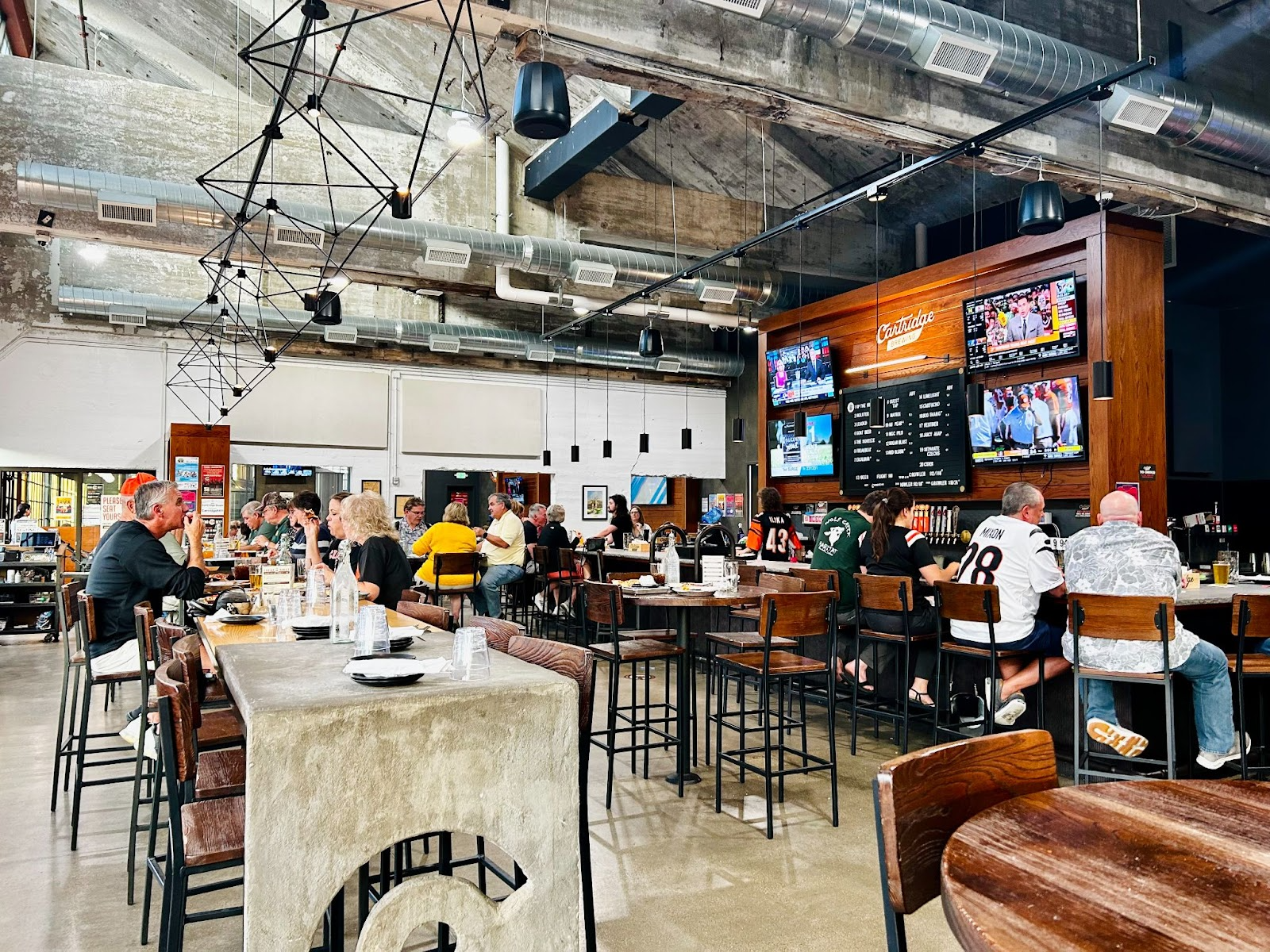
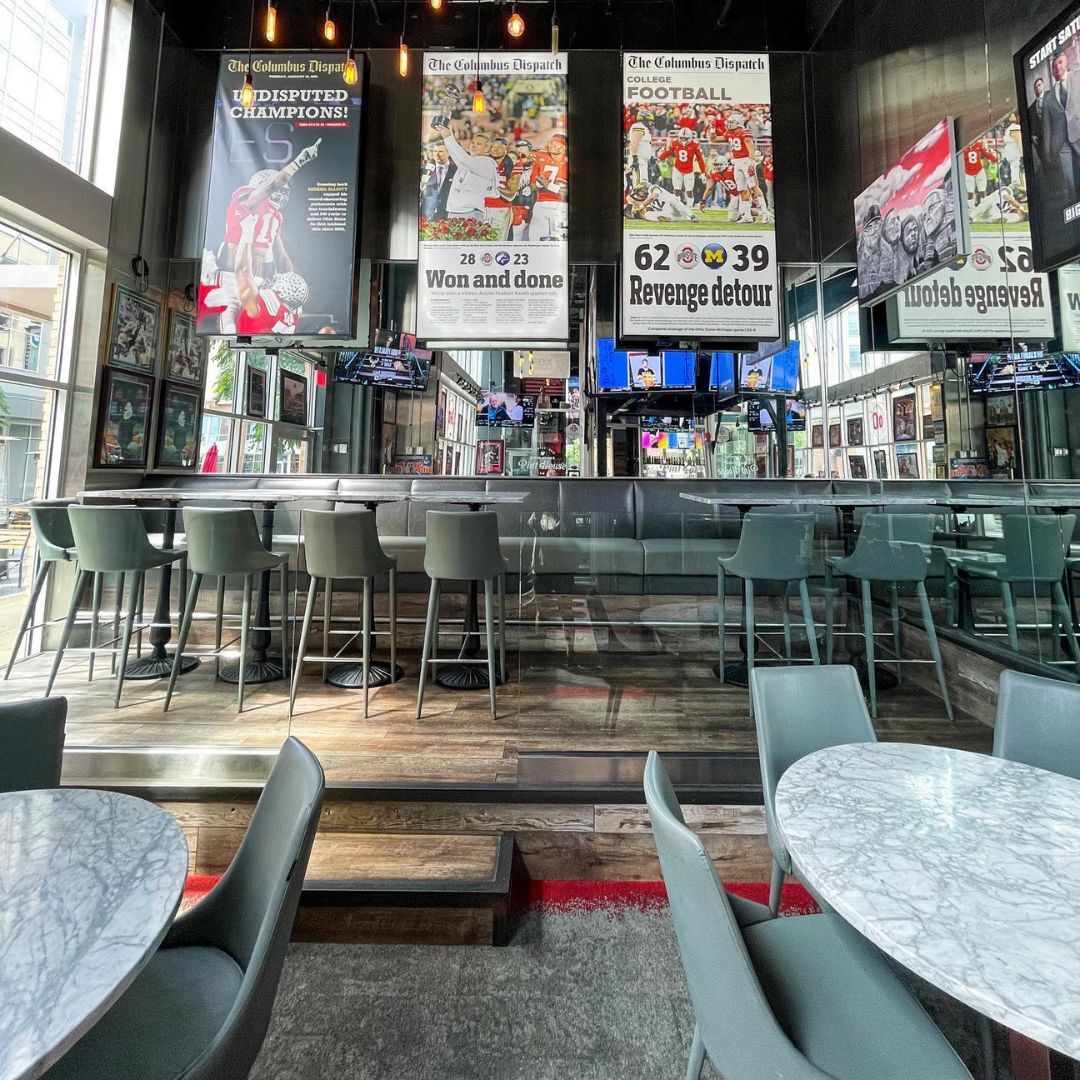








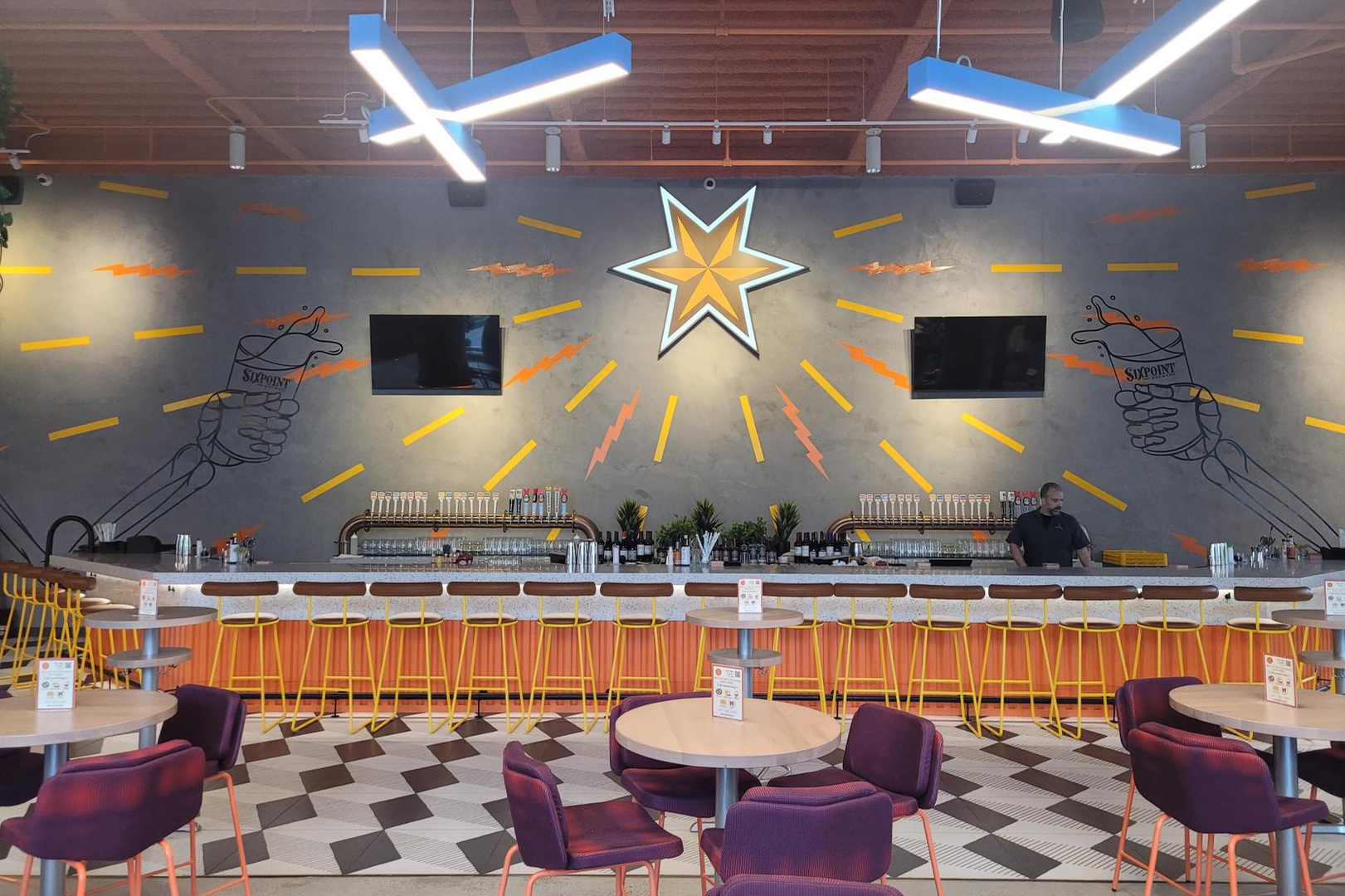
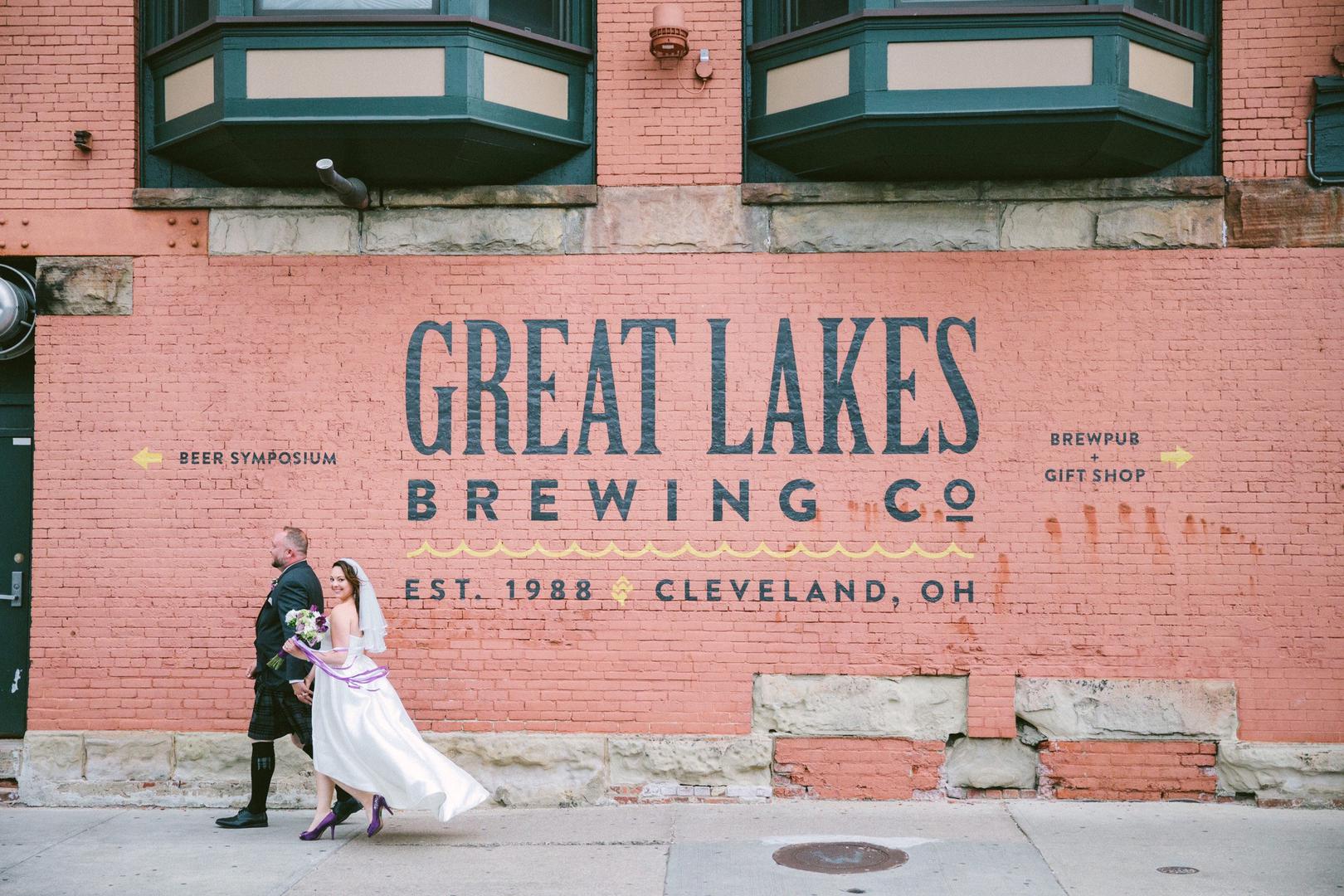

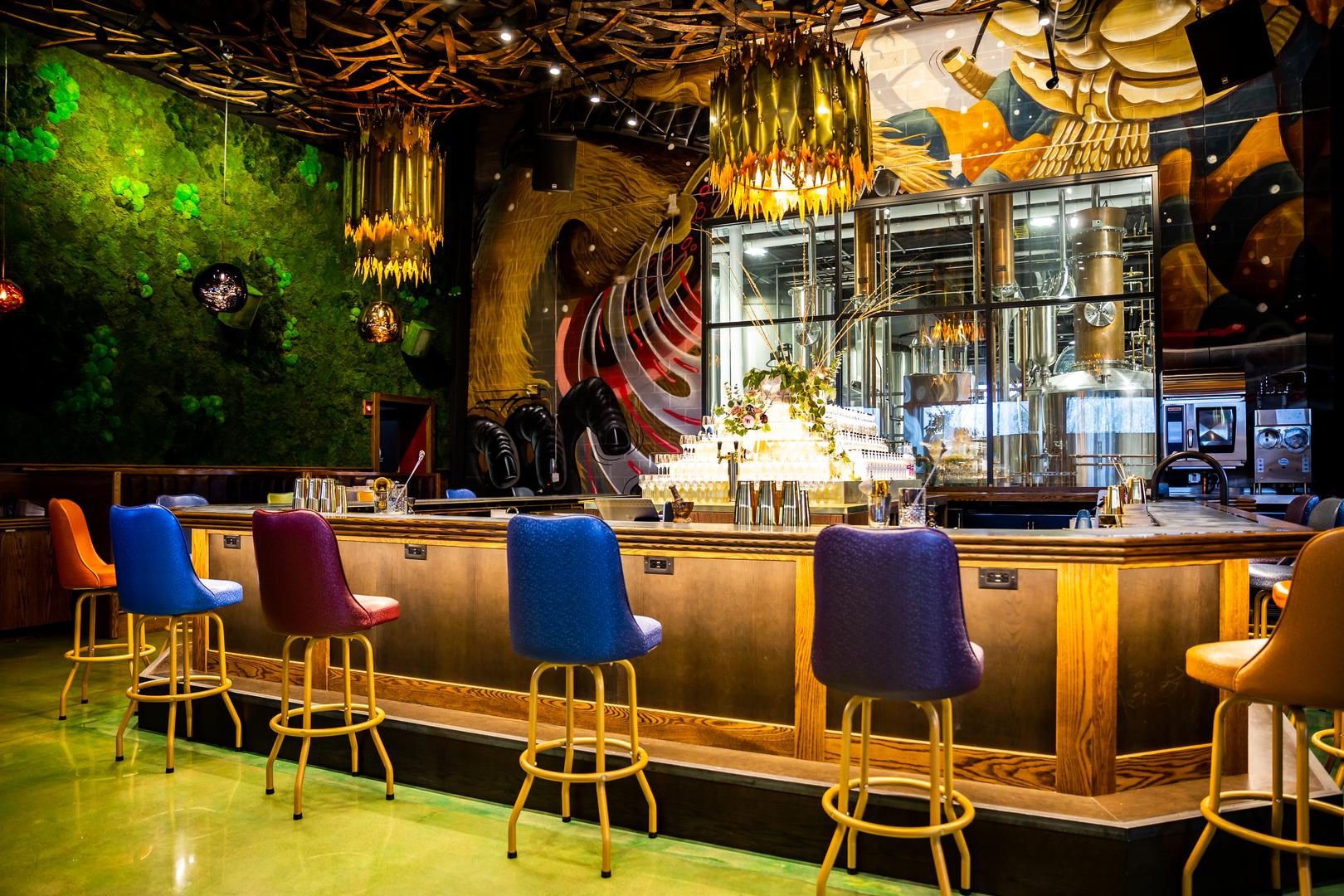



%20Where%20to%20Eat%20Near%20Willis%20Tower%20in%20Chicago.png)
